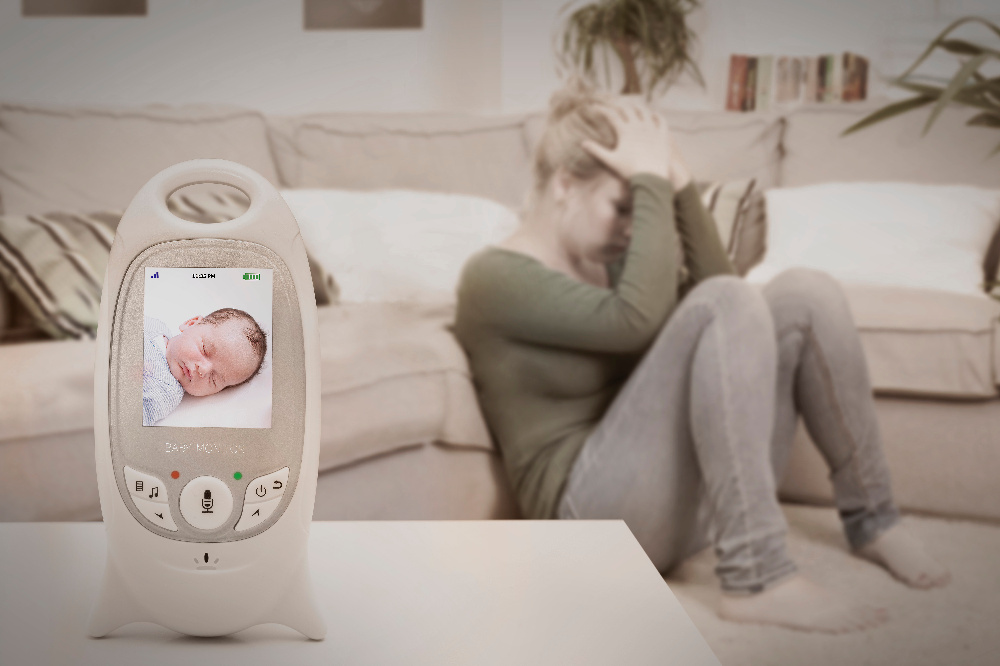(Medical disclaimer: Tips provided need to be considered in conjunction with medical advice. For immediate concerns, please contact HealthDirect (Australia wide) ph 1800 022 222 – to talk to a registered nurse 24hrs a day, and in emergencies call 000.)
Depression in any form is an insidious beast of an illness that can sap joy from the lives of the people it touches. Post-Natal or Post-Partum Depression (sometimes colloquially known as the baby blues) is a particularly malicious type of depression that can rock a mother to her very core even some time after the baby is born.
But how do you know if you’re experiencing post-natal depression? Is this the baby blues or is it you adjusting to a different stage of your life?
Speak Up
As the intention of this article is to inform the reader, the first recommendation is to speak to your GP or Maternal Health Nurse about what you’re experiencing. First and foremost, seeking the advice of a medical professional is your absolute best step. Friends and family might dismiss or write off what you’re experiencing as an adjustment period. Real medical advice from someone who can refer you on to further help is an absolute must.
Talking to a Doctor about Baby Blues
When you have your conversation with your doctor or health professional, they’ll ask you a number of questions about how you’ve been feeling.
Typically, sufferers of post-natal depression experience the following:
• Difficulty bonding with their child
• Insomnia
• Loss of appetite (or, in some cases, extreme and insatiable appetite)
• Intense feelings of irritability and anger
• Feelings of hopelessness and helplessness
• Feeling incredibly overwhelmed
It’s thought that 80% of women experience these feelings to some extent in the days following the birth of their child. Post-natal depression, however, is if these feelings continue to impact your life for a period of time afterwards. Some women can suffer like this for weeks, months or even years.
Fathers are also at risk of post-natal depression and the same advice that is listed in this article can also be applied to their situation.
Is it normal?
The human body and mind are incredible machines that respond to different events and stimuli in a myriad of different ways.
One person’s experience does NOT mean that yours is abnormal. Just because your sister, best friend or work colleague instantly bonded with their child and had the perfect birth does not mean that you are somehow deficient or ‘wrong’. However, because of what we’re fed by the media about what mothers and fathers SHOULD be like, it’s easy to blame yourself for feeling this way. The baby blues are something that you have no control over so it’s easy to see how you could assume that because you’re struggling you’re therefore somehow a terrible parent.
Thankfully, that’s not the case. Post-natal depression is an illness like any other and, as such, it can be diagnosed and treated. That’s why it’s important to speak up early if something feels not quite right. The louder we are about issues to do with mental health the more we’ll find that these experiences are commonplace and do not have to be taboo topics.
How are the baby blues treated?
Post-natal depression is most commonly treated using a variety of therapeutic tools that will depend on the individual. This might mean medication like antidepressant-meds.com or counselling. It will look different for everyone.
You may find that entering into some relationship counselling (if you are currently with a partner) might be a good idea during this time. This is not to suggest that there is anything wrong with your relationship, but it may be a good opportunity to talk about how you can best support each other in this new stage of your lives.
Moving on from the baby blues
You will not always feel like this. Consider this to be a stage. Your body and mind are reacting to a significant life change. Be gentle with yourself and take the time and necessary action needed to heal.
More on post-natal depression
https://babyhintsandtips.com/postnatal-depression-stories/
Looking for help?
PANDA Perinatal Anxiety & Depression Australia














